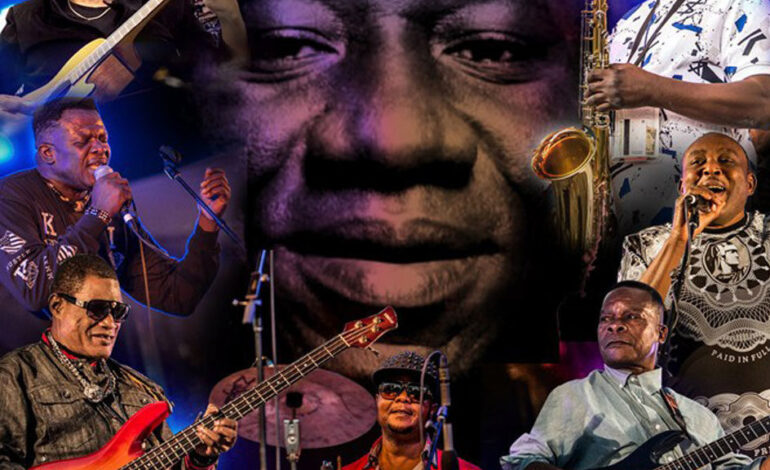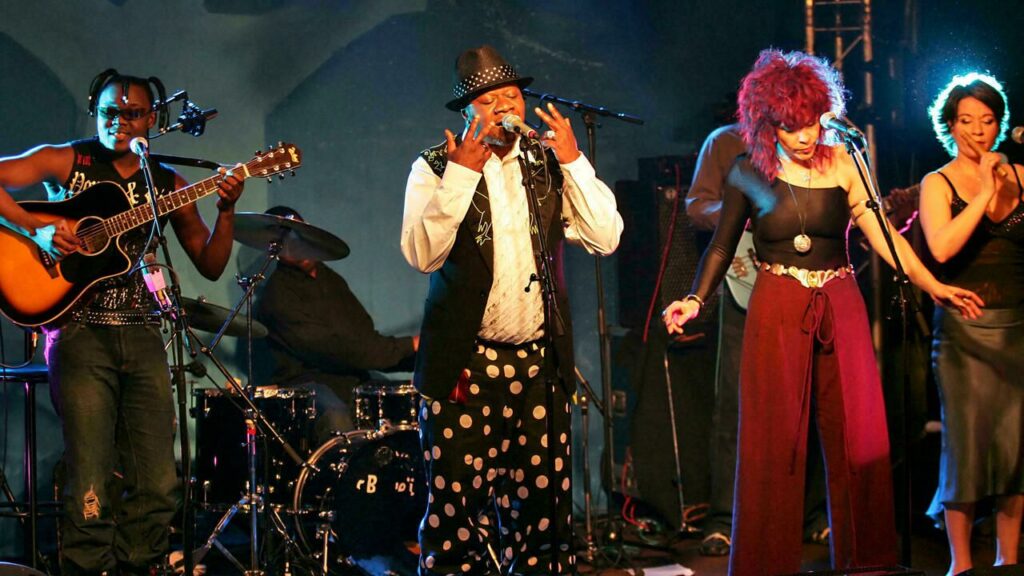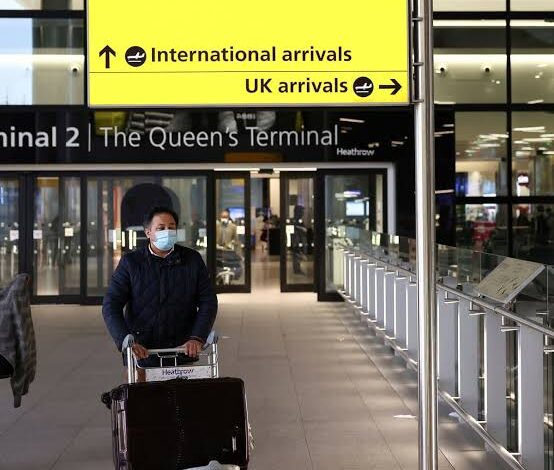
Faith Nyasuguta
On Tuesday, the United Nations’ cultural agency UNESCO added the Congolese rumba dance to its intangible cultural heritage list, triggering delight in the Democratic Republic of Congo and Congo-Brazzaville.
In a UNESCO summit, the joint application by the two nations to add rumba to its Intangible Cultural Heritage of Humanity list was approved. The music now joins Cuban rumba, the Central African Republic’s polyphonic pygmy music and the drums of Burundi.
“These treasures from Congo and exported throughout the world are part of our pride,” Patrick Muyaya, the DRC government spokesman tweeted last week as the nation awaited the announcement.
“It is our common duty to promote rumba,” he added. Rumba is the soundtrack of African history.
Recently, specialists located rumba’s origins in the ancient central African kingdom of Kongo, a place where people practised a dance named “Nkumba“.
The African word is translated to navel as it involved a man and woman dancing with their navel opposite the other person’s.
AFRICAN MUSIC

Via slave trade, Africans took their music and culture across the Atlantic, eventually giving rise to jazz in North America and rumba in South America.
In more recent times, traders brought the music back to Africa via records and guitars.
According to Andre Yoka Lye, a director at the DRC’s national arts institute in the capital Kinshasa, the modern version of rumba is a century old.
Rumba is part and parcel of the political histories of the two Congo before and after independence. Lye added that it is “present in all areas of national life”.
Lye said Rumba draws on nostalgia, cultural exchange, resistance, resilience and the sharing of pleasure through its flamboyant “sape” dress code.
Occasionally, Rumba stars are controversial or involved in scandals.
On Monday, a French court convicted high-profile DRC musician Koffi Olomide of holding four of his former dancers against their will during tours.
Despite that, residents from the two Congos say the dance lives on and they hope its addition to UNESCO’s list will give it greater fame even among Congolese.
“We are the country of rumba, what will we make of it?” DRC’s communications minister Muyaya asked.





Recent Comments